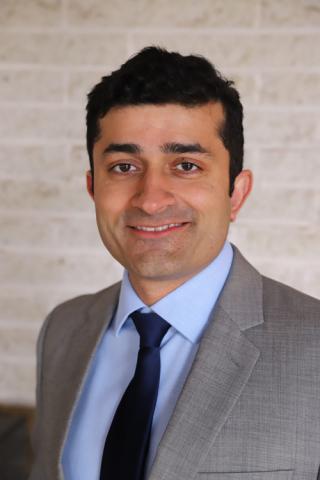
-- Depression can have devastating consequences on one’s life, including withdrawal from the world, feelings of loneliness and isolation, loss of enjoyment and motivation, disrupted sleep and appetite, pervasively negative mood, and a sense of hopelessness and worthlessness. Some people with depression wonder whether life is worth living, and some tragically end up acting on suicidal thoughts.
Today Your Health Magazine based near Washington DC released a report outlining three important treatments which offer hope for people suffering from depression: transcranial magnetic stimulation (TMS), esketamine treatments, and electroconvulsive therapy (ECT).
The full report, by McLean, VA psychiatrist Aazaz Haq, MD, makes it clear that talk therapy can be very effective for some people suffering from depression, as can a whole variety of antidepressant medications. These treatments should generally be tried first. However, a large percentage of people with depression simply do not respond to these first-line treatments, so this report aims to highlight the above three treatments which can offer substantial relief.
Dr. Haq is the owner and medical director of McLean Neuropsychiatric Treatment Center, a subspecialty treatment center located in McLean, Virginia, for individuals with treatment-resistant depression and other psychiatric conditions. They offer state-of-the-art treatments to individuals whose conditions are not responsive to medications and/or psychotherapy alone. Dr. Haq is certified by the American Board of Psychiatry and Neurology in both general psychiatry and geriatric psychiatry.
The report starts by discussing transcranial magnetic stimulation (TMS), a non-invasive brain stimulation therapy cleared by the FDA in 2008 for treatment of moderate to severe depression. TMS uses electromagnetic pulses to stimulate activity in the parts of the brain that are underactive in depression. Up to 40-60% of patients with depression have a positive response to TMS, with 30-40% of patients showing complete remission of symptoms.
The next treatment discussed is esketamine, which is related to the drug ketamine (sold under the brand name Spravato). Esketamine is a novel, FDA-approved nasal spray indicated for treatment-resistant depression in adults in conjunction with oral antidepressant therapy. Esketamine works by modulating receptors of the neurotransmitter, glutamate, in the brain, although the mechanisms of its antidepressant effects are not yet fully determined.
Finally, the report concludes with electroconvulsive therapy (ECT), which is known as the gold-standard, often life-saving treatment for severe depression. It involves the delivery of a brief electrical stimulus to the brain to induce a seizure, which is brief, controlled, and closely monitored. ECT brings about changes in brain activity leading to clinical improvement.
To read Dr. Haq’s important report, “Offering New Hope For Treatment Of Depression,” and more informative and educational health articles authored by Maryland and Northern Virginia doctors and practitioners, visit www.yourhealthmagazine.net.
Release ID: 89048376

